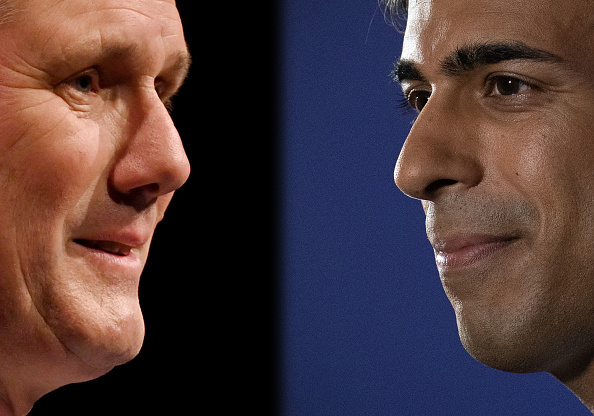Electioneering isn’t going to help bring down Britons’ energy bills

Party conference season is finally at an end, but there is no doubt, now that election mode has been switched on, that both the Conservatives and Labour will remain on a campaign footing ahead of the upcoming election – for however long that ends up being.
Labour will inevitably want the election to be a referendum on the Tories after 13 tumultuous years in office – and an economy failing to revive from the pandemic – while the Conservatives will hope to trigger fears over opposition leader Sir Keir Starmer’s unfunded spending plans.
The great disappointment here is that with potentially over a year left in office, Prime Minister Rishi Sunak will struggle to make any meaningful efforts to address long-standing policy issues.
One key problem that he could – and should – be addressing is energy policy: that’s the challenge of ultra-high energy bills for households to businesses, but also the West’s worryingly heavy reliance on China to meet its net zero goals.
It’s worth remembering that energy bills are nearly double what they were before Russia’s invasion of Ukraine and this winter they risk putting immense pressure on millions of homes, and threatening UK plc.
Yet as the government grapples with massive spending from the pandemic and last year’s winter crisis, and a historically high tax burden, it will be difficult for this government to offer any further substantive support packages.
Instead, Downing Street should be focusing on long-term moves to ease financial pressure such as lowering the tax burden and separating the cheaper generation costs of renewables from runaway gas prices.
It should also be outlining a clear strategy for reducing our reliance on China to ensure the critical minerals needed for renewable projects and electric vehicles by developing new partnerships around the world to diversify our supply.
Yet, Sunak’s only focus on energy policy is rowing back on net zero goals in a bid to paint Starmer as a radical green zealot.
This could be popular with voters – only time will tell – but belies the short-termism the electoral cycle brings.
And all that ultimately does is hamper Britain’s prosperity.
